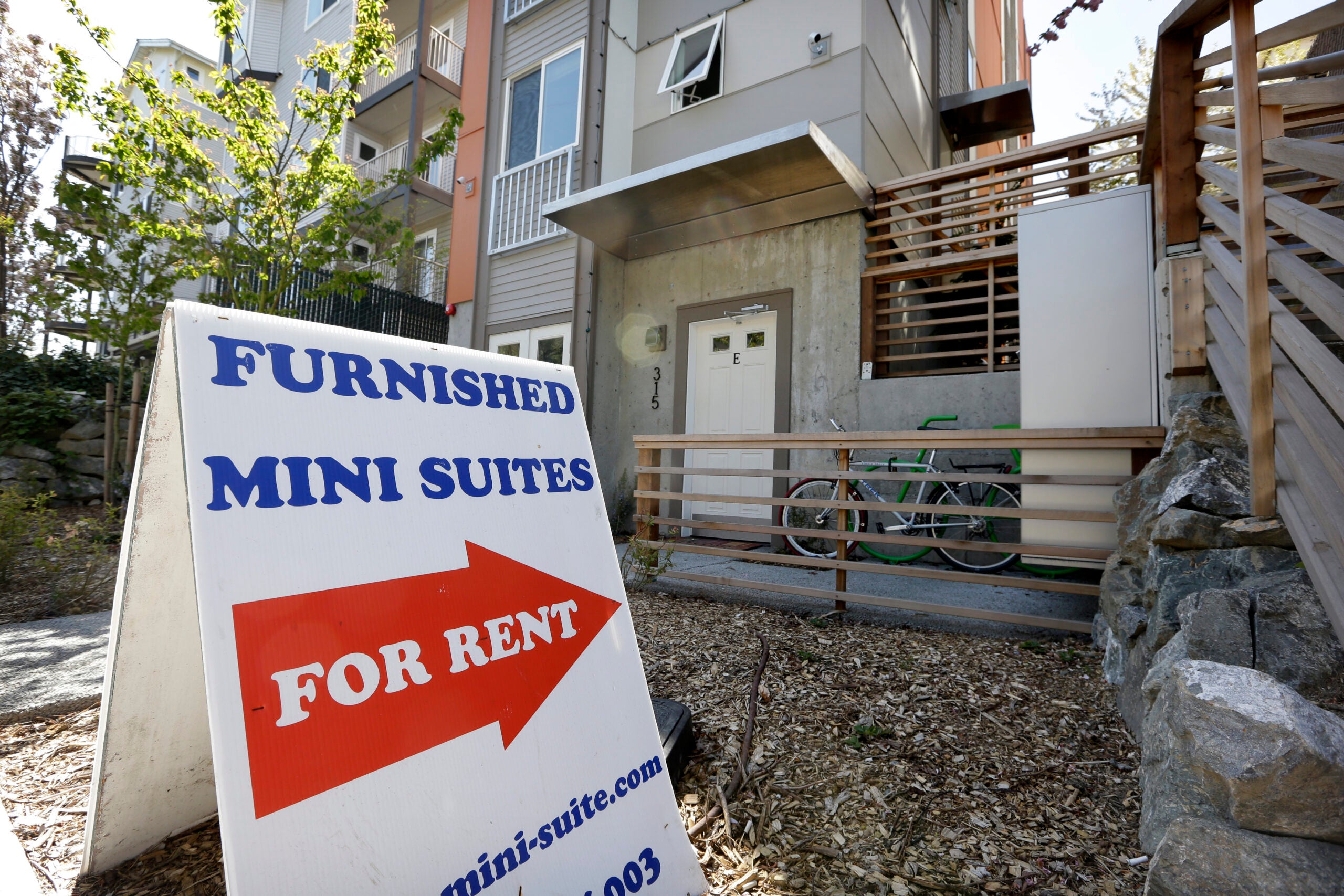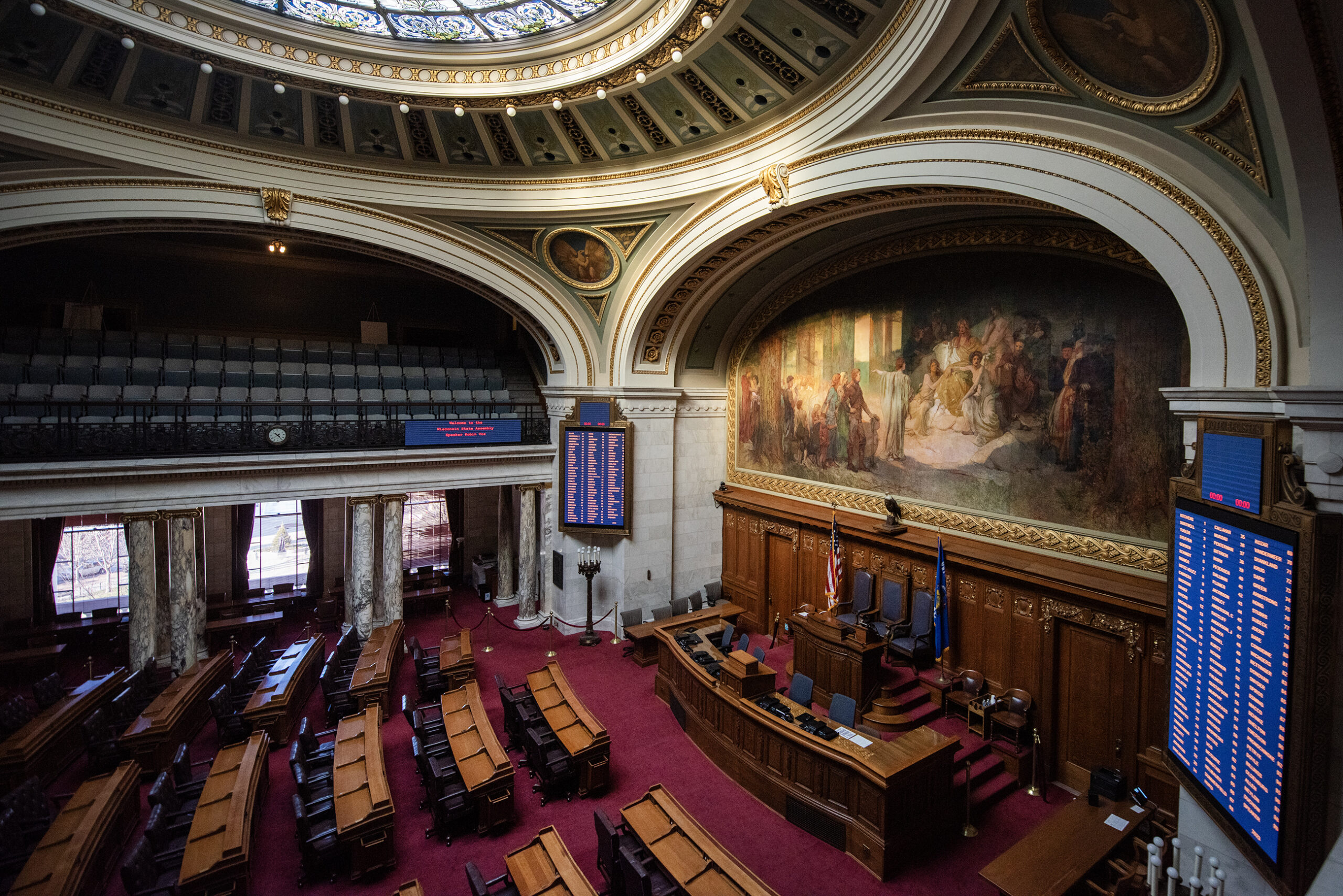Dane County and the cities of Madison and Milwaukee might have to roll back their longstanding living wage ordinances under a measure that cleared the Wisconsin State Assembly Thursday night.
The plan would prohibit the use of state or federal tax dollars to pay for living wage ordinances, which set minimum wages for private contractors that win bids to do government work. Republicans drew up the measure to undercut the living wage ordinance just passed by the Milwaukee County Board, but it would also affect ordinances already on the books in Dane County, and the cities of Madison and Milwaukee.
Madison Democrat Rep. Terese Berceau told Republicans they had no business preempting the decisions made in her community.
Stay informed on the latest news
Sign up for WPR’s email newsletter.
“I know a number of you have told me that you think Madison is fun,” Berceau said. “Well, leave us alone! We’re doing a really great job. We’ve made a really vibrant community that you like to come to.”
Berceau said the move could result in an immediate $3 an hour pay cut for home health care workers and nursing home employees in Dane County.
“Can you imagine how devastating that’s going to be? Do you really want to see people suffer?” she said.
Republicans like state Rep. Dan Knodl of Germantown argued that living wage ordinances, like minimum wages, only hurt local economies. Knodl said the GOP plan would not keep people from earning higher wages if they worked hard.
“Everybody should have the opportunity to rise up and earn as much as they possibly can,” Knodl said. “But it’s also incumbent on the individual to do that.”
Republicans also stressed that their plan would not prohibit local wage ordinances as long as cities and counties used local tax dollars to pay for them. The bill now heads to the state Senate.
Wisconsin Public Radio, © Copyright 2024, Board of Regents of the University of Wisconsin System and Wisconsin Educational Communications Board.






